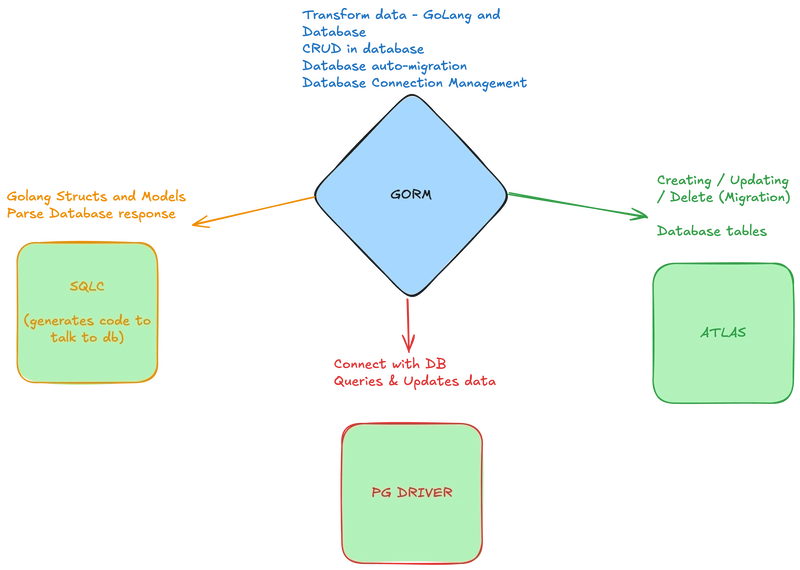Why Less Code Might Just Save Your Startup?
Here's a DEV.to blog post version of your idea, with a clear title, engaging introduction, key points, and a reflective conclusion: Why Less Code Might Just Save Your Startup If you're in the early stages of building a product, here's a truth bomb: Every line of code you write is a liability, not an asset. This might feel counterintuitive, after all, developers are builders, and writing code is how we get things done. But in a world where speed, clarity, and focus are your greatest weapons, shipping too much too fast in the wrong direction can sink you before you even get traction. Let’s talk about why writing less code is often the smarter move, and what you should focus on instead. The Cost of Code Code isn't free, not even to yourself. Here's what comes with every new line: Maintenance: More code means more things to break, debug, and refactor. Complexity: As the codebase grows, every change becomes riskier and slower. Opportunity Cost: Time spent over-engineering could be used validating ideas or talking to users. Startups don't die from lack of features. They die from complexity. Focus On What Actually Matters The startups that win tend to excel in a few specific areas: 1. Dead-Simple UX Users shouldn’t have to think. The best products feel obvious. Clear design and focused flows win over bloated dashboards every time. 2. Speed of Iteration You don’t need perfect code. You need feedback. Fast feedback. Build → Ship → Learn → Repeat. 3. One Painful Problem, Solved Exceptionally Not three mediocre features. Not ten average solutions. One pain. Crushed. Real-World Example: Stripe Stripe didn’t try to build an entire financial suite out of the gate. They made online payments painless for developers. That core painkiller became the wedge for massive growth. What You Can Do Right Now Cut features that aren't absolutely necessary Prioritize "time to validate" over "time to polish" Treat code as debt unless it solves a validated need Use no-code or low-code tools early when speed matters more than scalability TL;DR More code isn’t progress. More clarity is. So next time you’re tempted to build that “one more feature,” ask yourself: “Will this help me solve a real problem faster?” If not, delete it. Move faster. Win bigger.
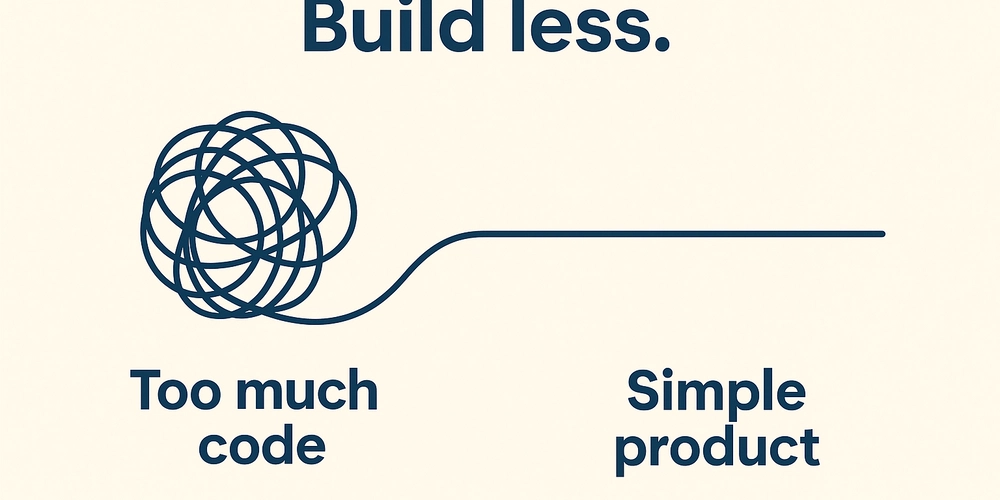
Here's a DEV.to blog post version of your idea, with a clear title, engaging introduction, key points, and a reflective conclusion:
Why Less Code Might Just Save Your Startup
If you're in the early stages of building a product, here's a truth bomb: Every line of code you write is a liability, not an asset.
This might feel counterintuitive, after all, developers are builders, and writing code is how we get things done. But in a world where speed, clarity, and focus are your greatest weapons, shipping too much too fast in the wrong direction can sink you before you even get traction.
Let’s talk about why writing less code is often the smarter move, and what you should focus on instead.
The Cost of Code
Code isn't free, not even to yourself. Here's what comes with every new line:
- Maintenance: More code means more things to break, debug, and refactor.
- Complexity: As the codebase grows, every change becomes riskier and slower.
- Opportunity Cost: Time spent over-engineering could be used validating ideas or talking to users.
Startups don't die from lack of features.
They die from complexity.
Focus On What Actually Matters
The startups that win tend to excel in a few specific areas:
1. Dead-Simple UX
Users shouldn’t have to think. The best products feel obvious. Clear design and focused flows win over bloated dashboards every time.
2. Speed of Iteration
You don’t need perfect code. You need feedback. Fast feedback. Build → Ship → Learn → Repeat.
3. One Painful Problem, Solved Exceptionally
Not three mediocre features. Not ten average solutions. One pain. Crushed.
Real-World Example: Stripe
Stripe didn’t try to build an entire financial suite out of the gate.
They made online payments painless for developers.
That core painkiller became the wedge for massive growth.
What You Can Do Right Now
- Cut features that aren't absolutely necessary
- Prioritize "time to validate" over "time to polish"
- Treat code as debt unless it solves a validated need
- Use no-code or low-code tools early when speed matters more than scalability
TL;DR
More code isn’t progress.
More clarity is.
So next time you’re tempted to build that “one more feature,” ask yourself:
“Will this help me solve a real problem faster?”
If not, delete it.
Move faster.
Win bigger.














































































































































































![[The AI Show Episode 156]: AI Answers - Data Privacy, AI Roadmaps, Regulated Industries, Selling AI to the C-Suite & Change Management](https://www.marketingaiinstitute.com/hubfs/ep%20156%20cover.png)
![[The AI Show Episode 155]: The New Jobs AI Will Create, Amazon CEO: AI Will Cut Jobs, Your Brain on ChatGPT, Possible OpenAI-Microsoft Breakup & Veo 3 IP Issues](https://www.marketingaiinstitute.com/hubfs/ep%20155%20cover.png)







































































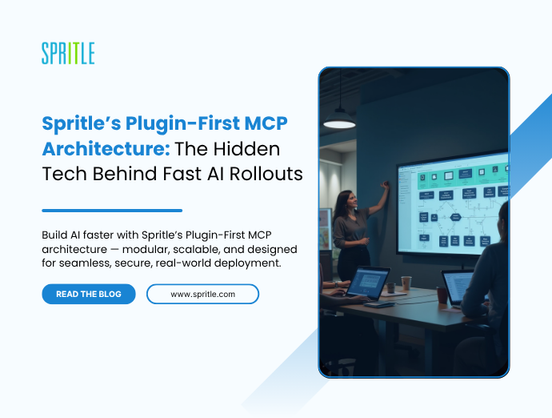












































































































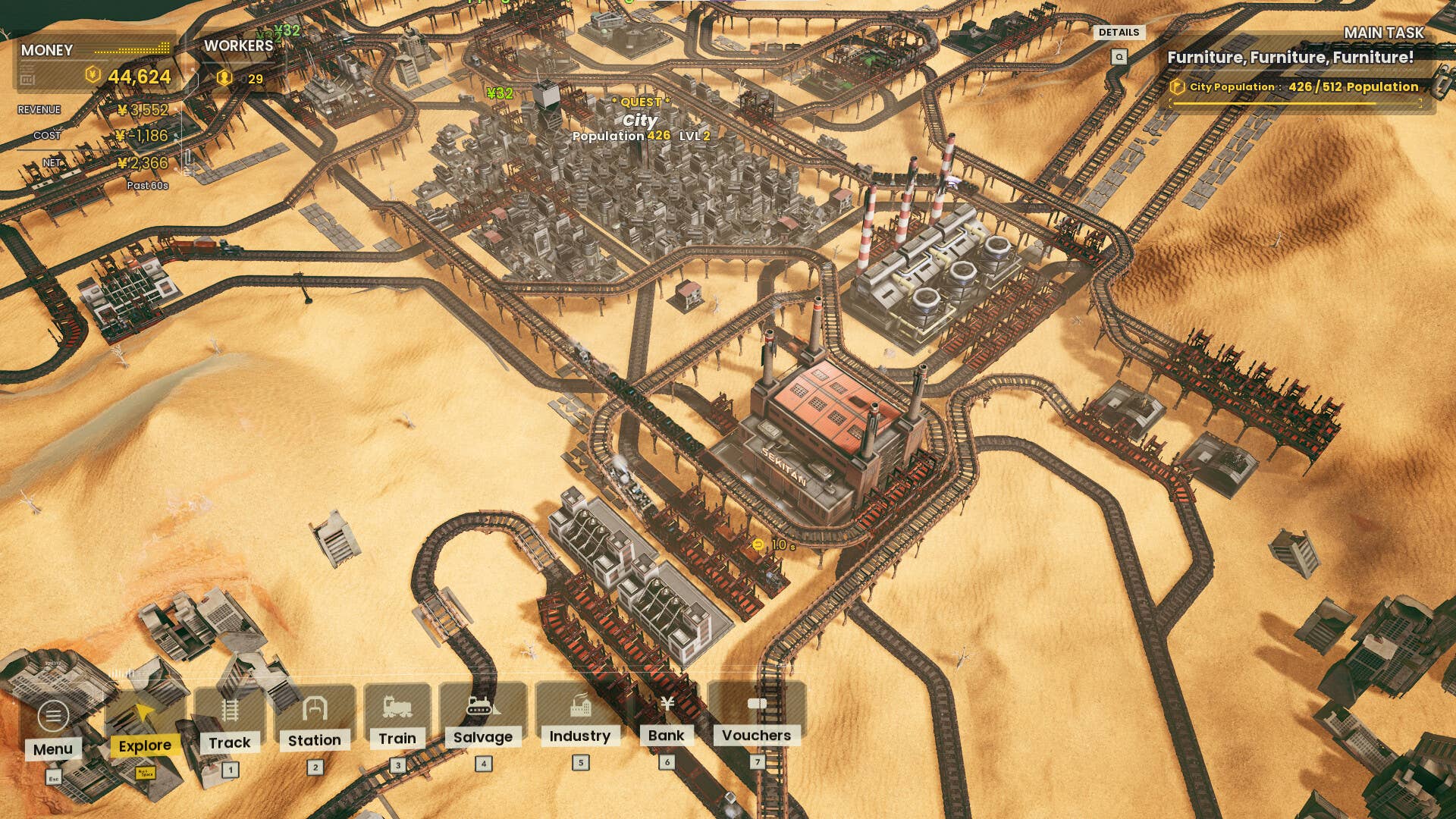

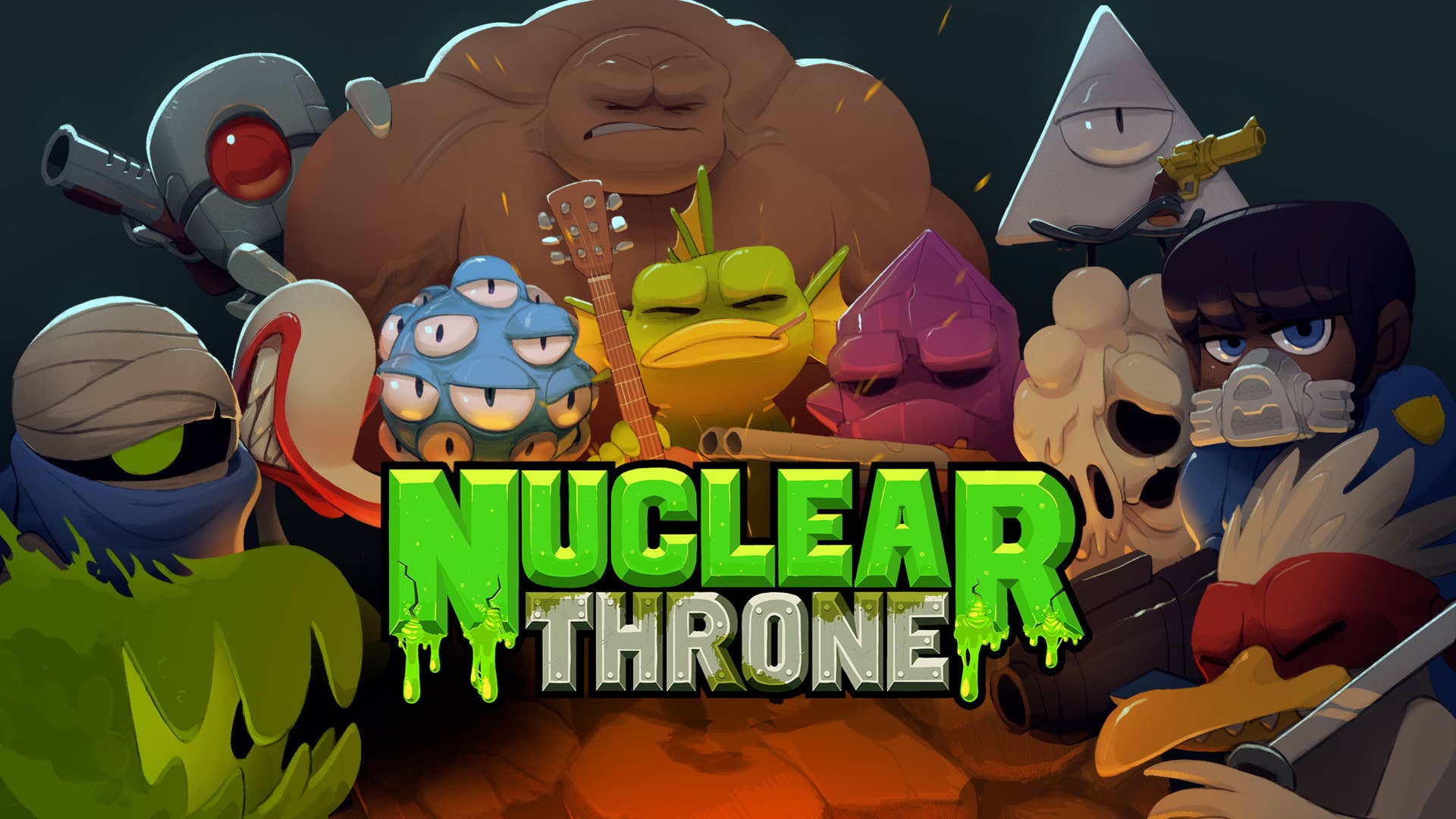














































































_incamerastock_Alamy.jpg?width=1280&auto=webp&quality=80&disable=upscale#)
_Brain_light_Alamy.jpg?width=1280&auto=webp&quality=80&disable=upscale#)

























































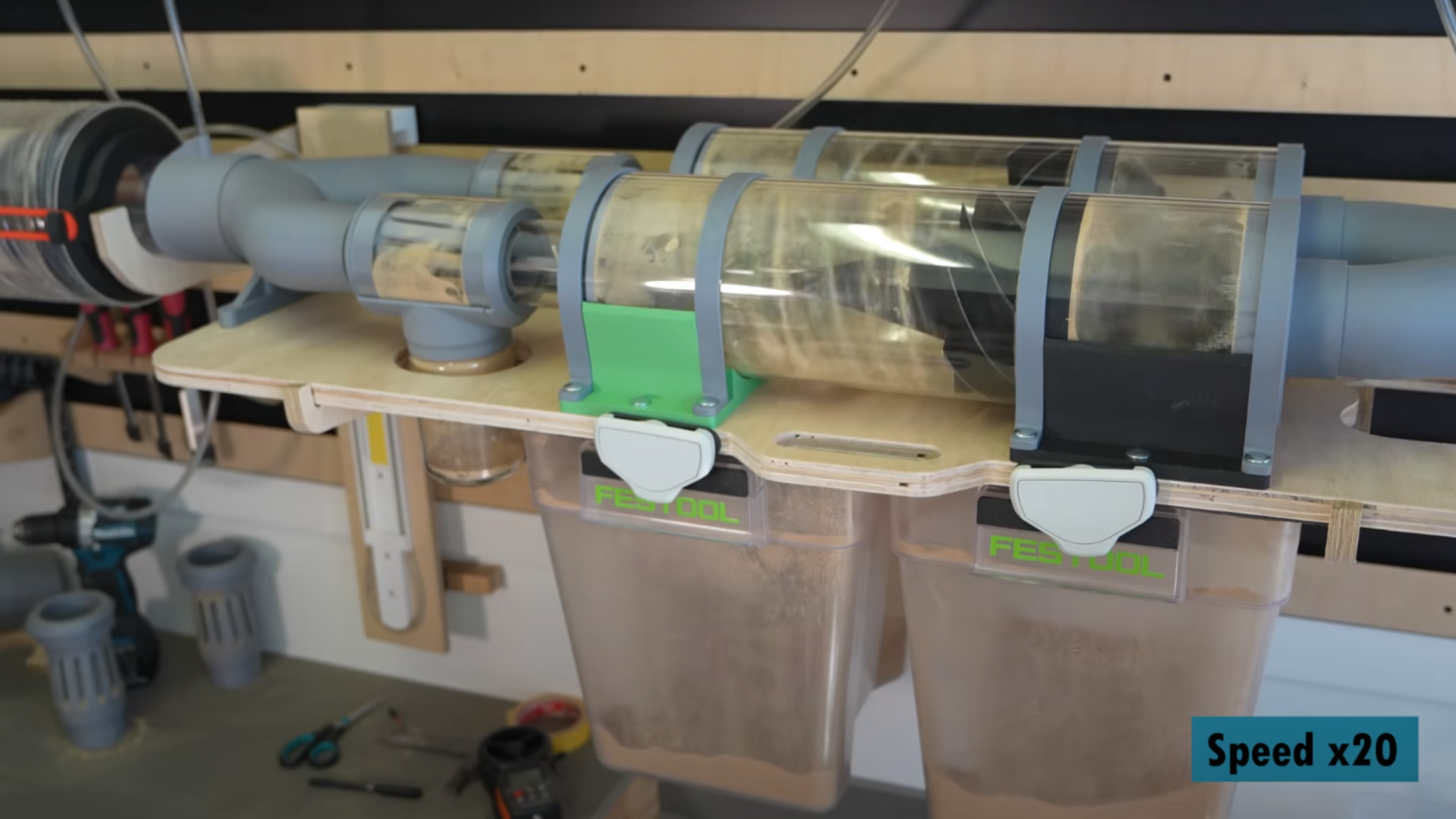
























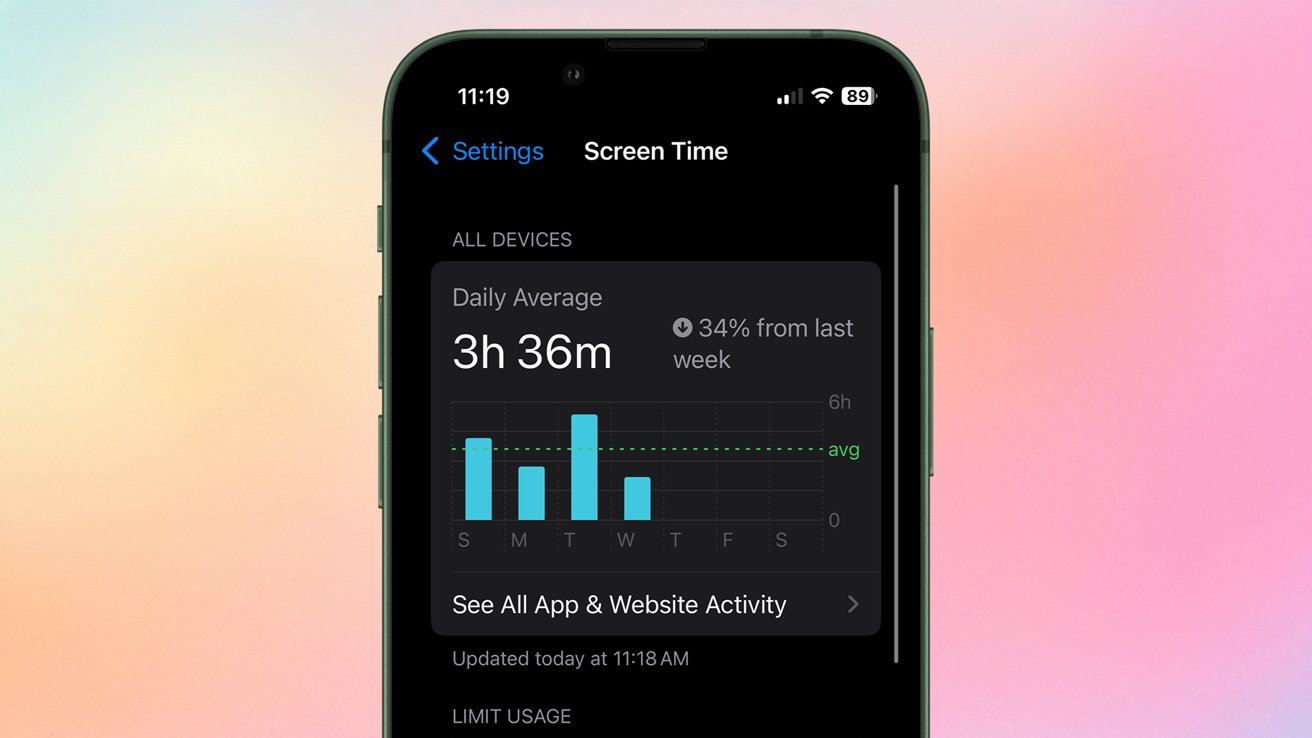






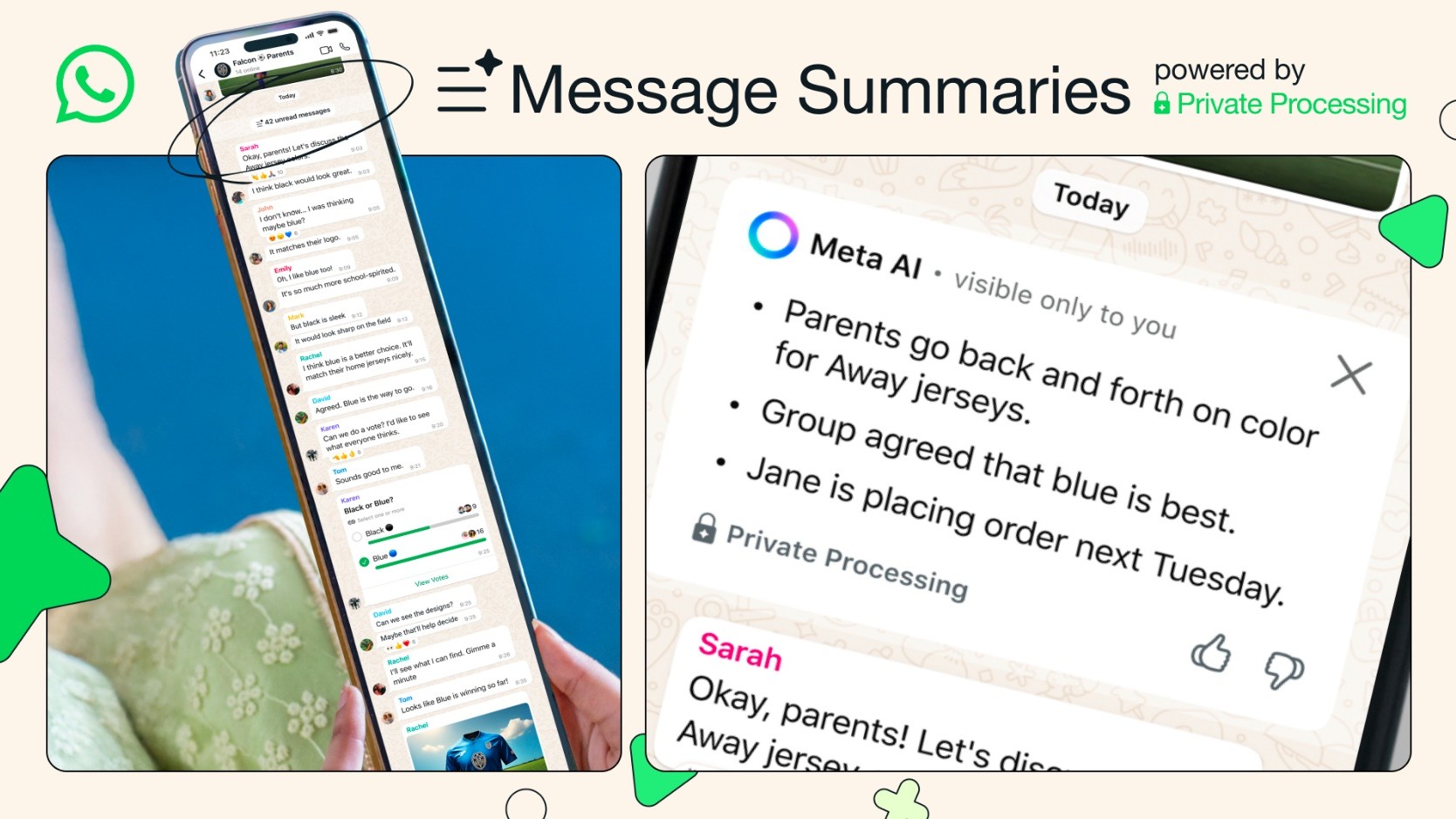




![Senators reintroduce App Store bill to rein in ‘gatekeeper power in the app economy’ [U]](https://i0.wp.com/9to5mac.com/wp-content/uploads/sites/6/2025/06/app-store-senate.jpg?resize=1200%2C628&quality=82&strip=all&ssl=1)






















































































